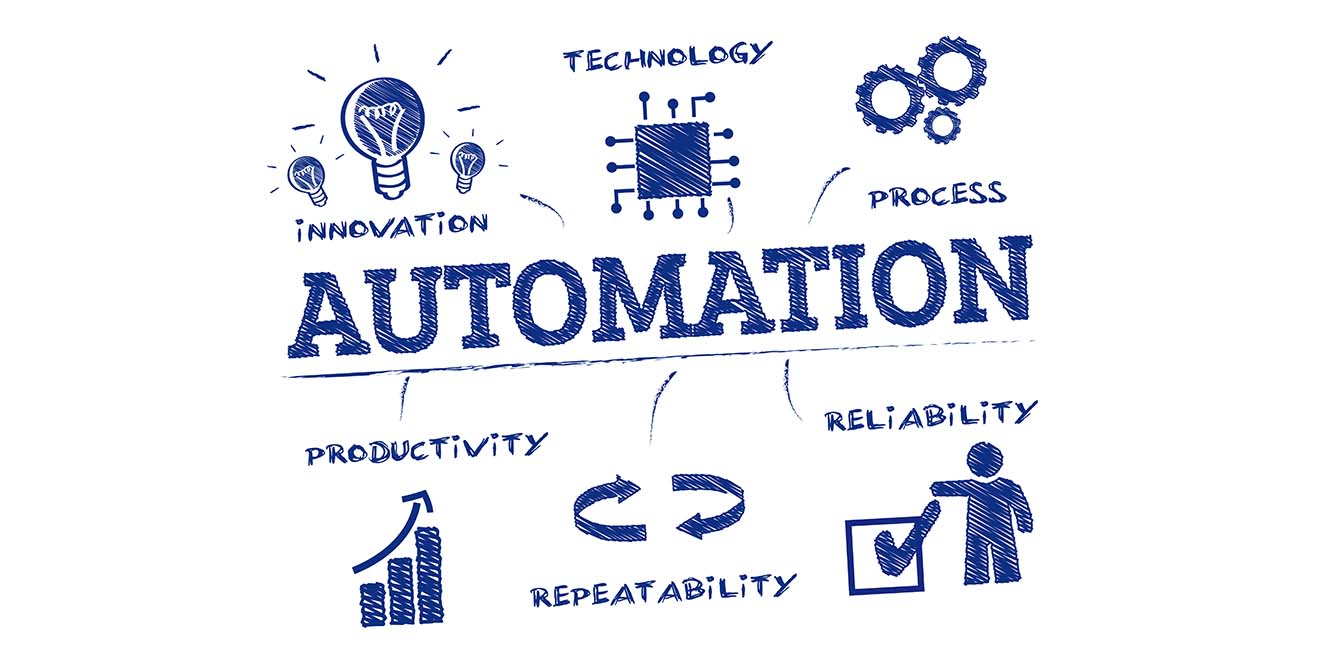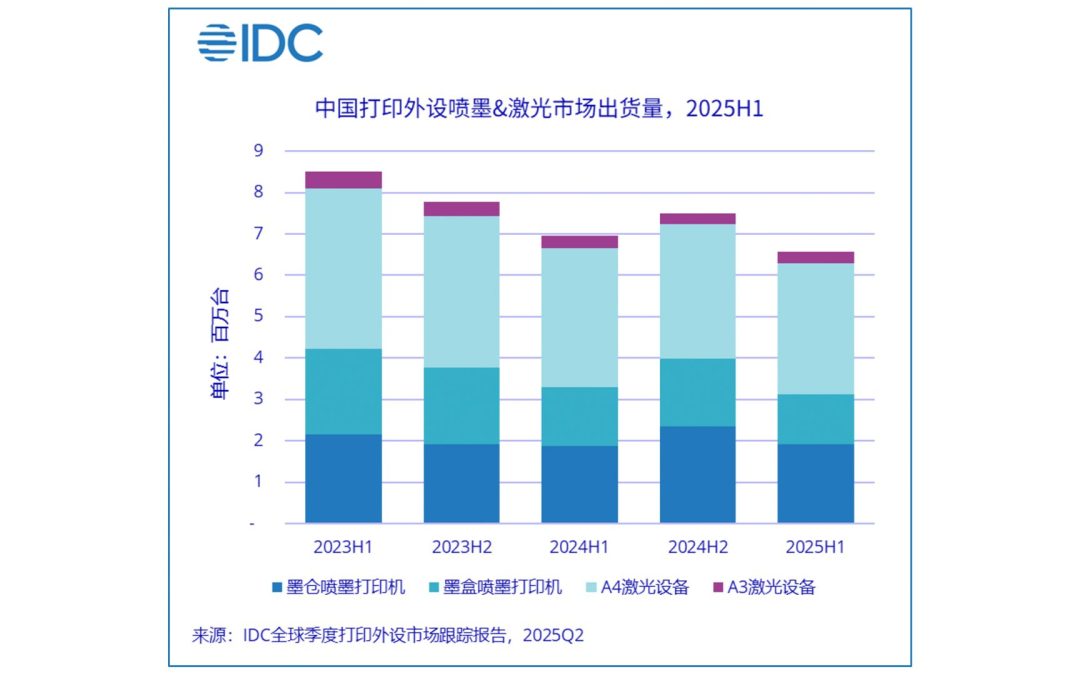Just one in 10 office workers has access to automation tools to streamline their workflows, according to new research conducted by Opinium for Ricoh Europe.
The new research suggests employers are not taking the opportunity to automate workflows and upgrade office spaces as part of their hybrid work strategies, despite employee calls to digitalise manual processes.
The research, conducted by Opinium for Ricoh Europe, polled 3,000 office workers across the UK, Ireland, France, Germany, Italy, the Netherlands and Spain. It found that most European employees now believe that digitalising processes improves their work, as admin-heavy workloads, lack of office booking systems, and inadequate workflow technology hamper employee experience.
Currently, only 11% of office workers have access to workflow automation tools, while two fifths (44%) report no change in their company’s investment in tools to automate tasks or processes over the past year. That is despite the majority (69%) saying automating processes makes their work better, a shift from more sceptical attitudes to workplace digitalisation, pre-pandemic.
Hybrid work represents a major opportunity for employers to improve the employee experience and productivity by automating laborious and mundane tasks and processes. But they risk missing out if they fail to embrace the tools and procedures that can make hybrid working a success and meet employee needs.
Nearly half of workers (49%) say they would be more productive if their administrative burden wasn’t so high. Yet, two fifths (42%) are confused by the number of technology platforms they are expected to use, saying these additional tools actually increase their workload, rather than streamline it. This highlights the need for employers to take a consultative approach when considering the technology and systems that are best for their people. Platform overload could soon frustrate talent and lead them to look for opportunities elsewhere.
With employers trying to encourage workers back to the office, establishing processes to make this transition easy is vital. However, more than half of European office workers (54%) think there hasn’t been a change in the amount invested in desk and room booking systems. As many businesses look to downsize their office footprint, a lack of, or convoluted process for, desk booking could mean workers arrive at the office without an adequate workspace. This naturally contributes to creating a poor experience and a disincentive to return to the physical workplace.
Nicola Downing, CEO, Ricoh Europe, said: “Gone are the days where employees felt concerned about their roles being ‘replaced’ by automation. The value of technology and automation, when implemented effectively, is widely seen to free up time to work on more valuable activities. Ultimately, if employers fail to weave automation into their long-term hybrid working strategies, they could be missing an important opportunity to improve operations while boosting morale and productivity across the entire workforce.”




















